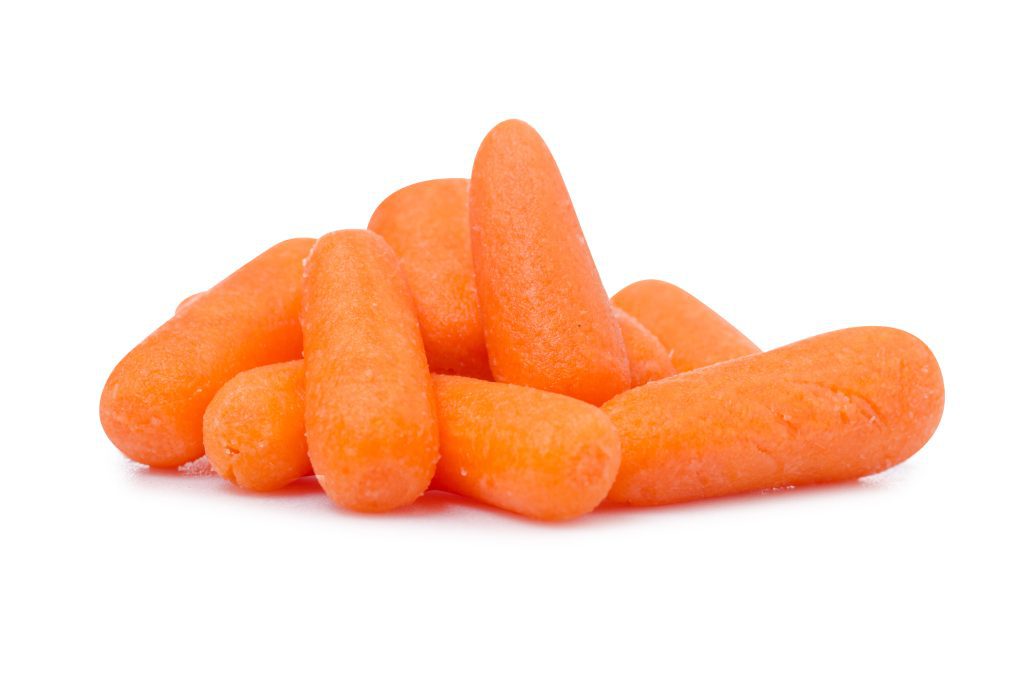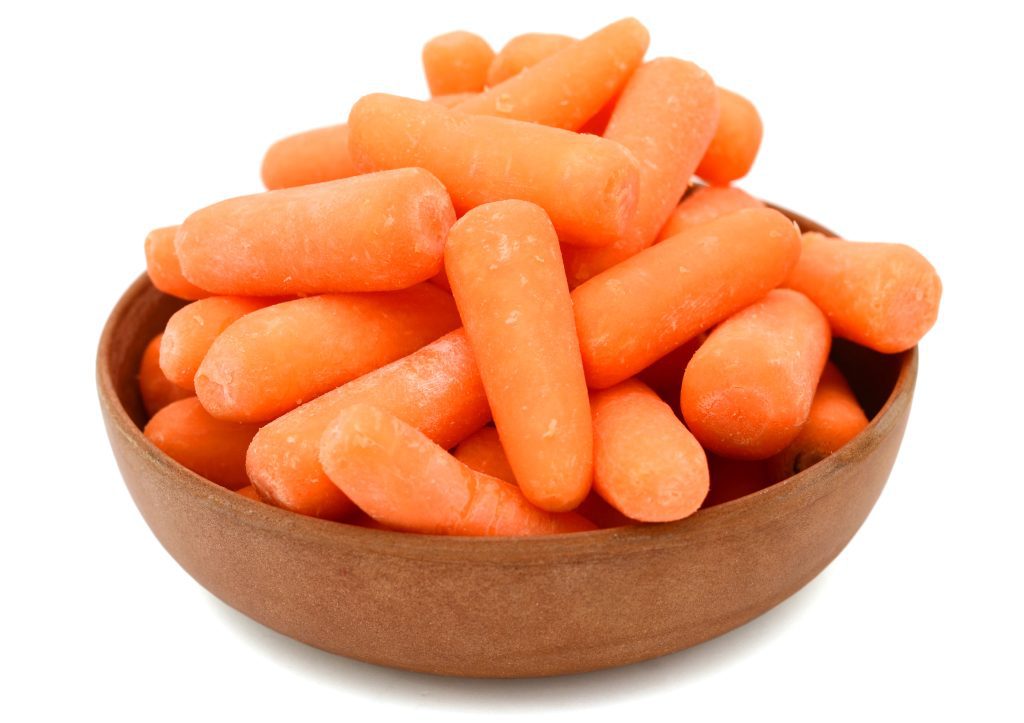Reasons Behind Why Baby Carrots Turn White
Most are the time when you go out grocery shopping. You obviously go for the fresh and most good-looking bunch of veggies. Maybe when you were shopping last time, you went for that very orangie-yellowish fresh-looking baby carrots for your kitchen. Then after a couple of days, when you wanted to snack on them, you realized a whitish coat covering them. Did you throw them out or try to clean them?
Rumors have it that when you see your carrots or other vegetables covered in that whitish coat, it’s terrible, or the skin is entirely covered in chlorine. As usual, most rumors are propaganda from the know-it-all group, as we may call it, those that never get their facts straight.

The whitish coat that covers the baby carrot is known as carrot blush which is caused by dehydration. According to a Gardening and Plants Expert by Pol Bishop, the blush comes along when the carrot is exposed to thin or lose moisture.
White spots on carrots can also be caused by damage to the skin cells, according to Joe Schwarcz, head of McGill University’s Office for Science and Society. In response to the stress, cells produce lignin, a polymer that forms on the surface of the carrot.
If you are wondering If the Carrot is edible when in this condition? The answer is; Yes! Before consuming the carrots, you can simply wash them with clean water to remove the whitish film or soak them in water for them to replenish their coat and rehydrate them again.

Sometimes we may question Why this white film appears only on baby carrots rather than regular carrots? Susan Brandt, Co-Founder and President of Blooming Secrets, add that it happens because newborn carrots do not have protective skin that prevents them from drying and that the peels of full-sized carrots are protective.
